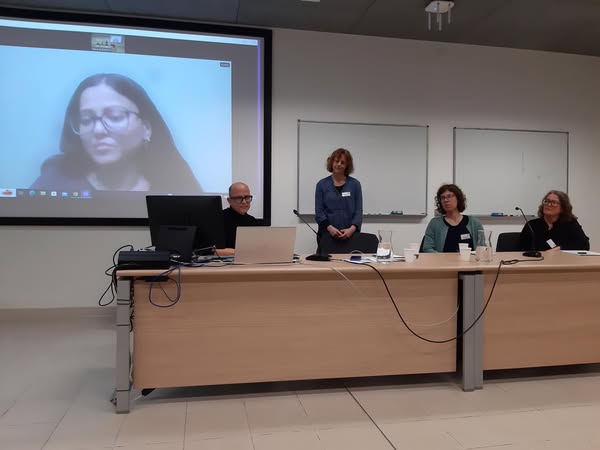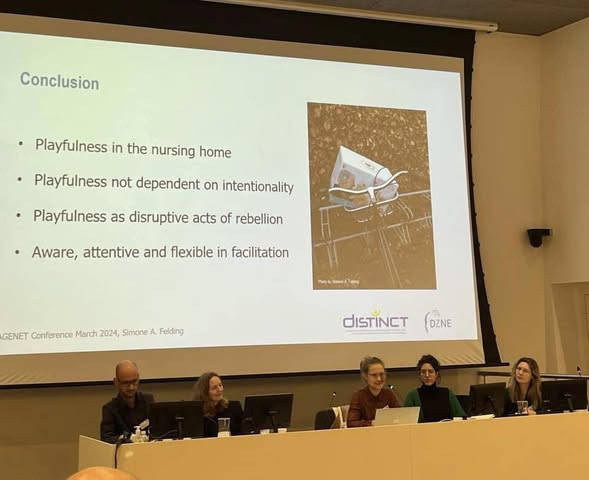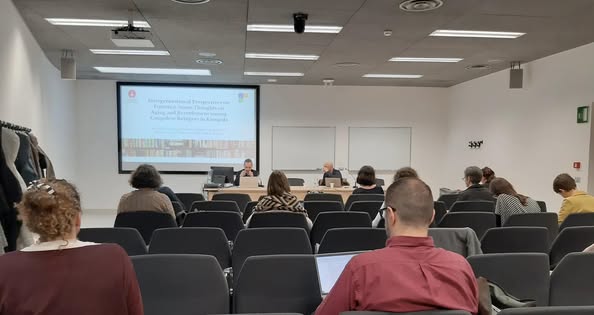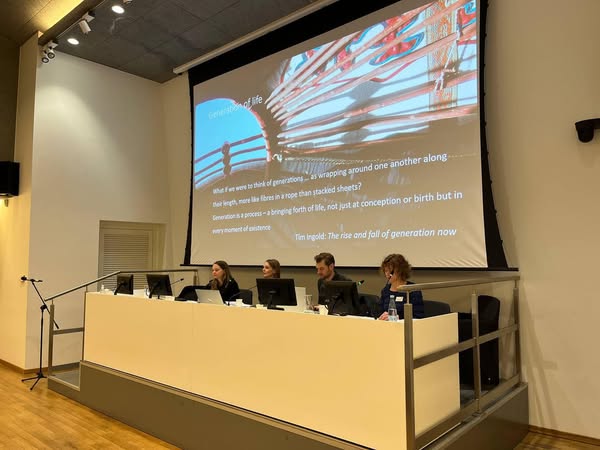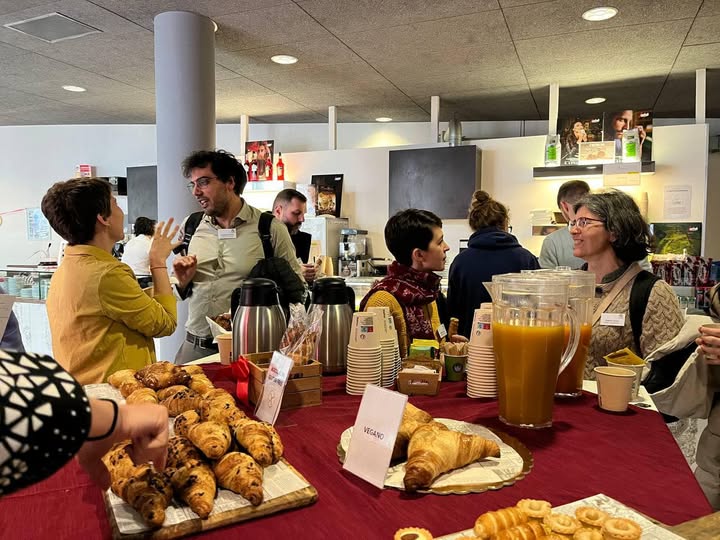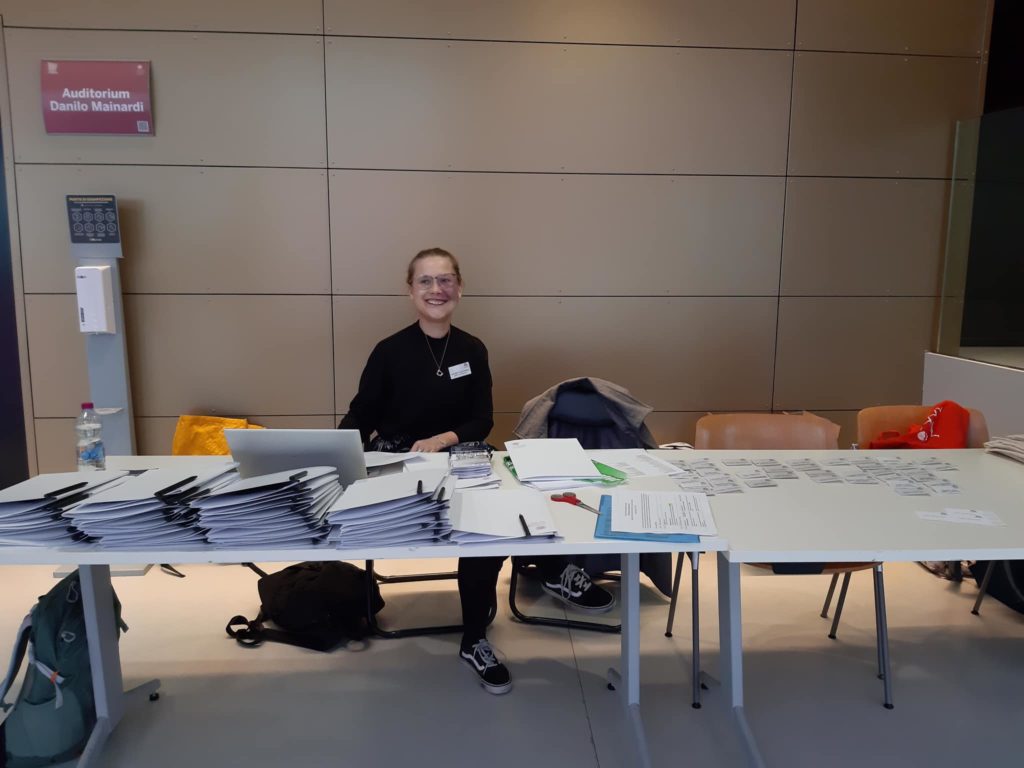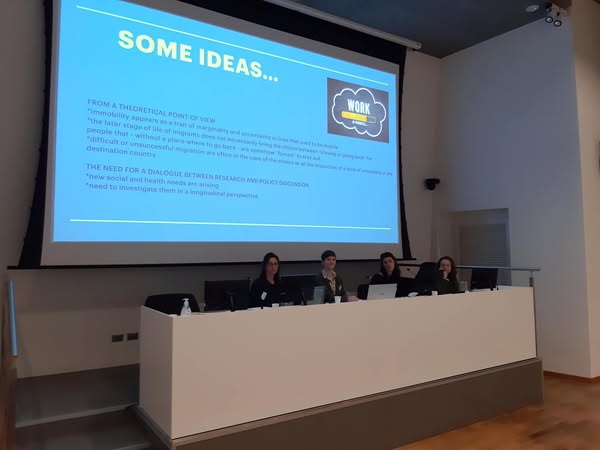In 2024, the biannual AgeNet event was held at the Ca’ Foscari University of Venice on 14-15 March. Entitled “Kinning, Moving, and Growing in Later Life”, it was organized by the EASA’s Age and Generation Network convenors (Swetlana Torno, Francesco Diodati and Simone Felding) in collaboration with Piera Rossetto, Department of Asian and North African Studies and AgeNet Social media coordinator Irina Kretser.
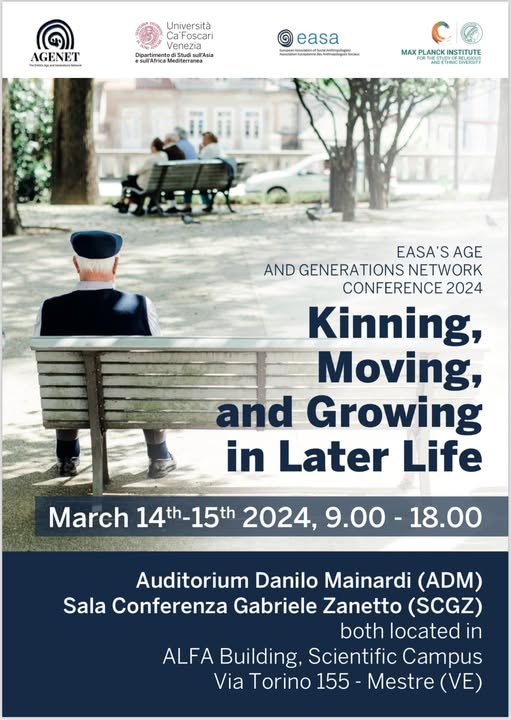
Conference theme
Climate change, ageing populations, trans/national mobility, violent conflicts, shrinking welfare spending, digitalization, pandemic(s) and the growing need for care are profoundly transforming the way people live in the world and interact with each other. While far-reaching and global in their dimensions, these challenges intersect in multiple ways and are experienced differently depending on geographical location, social context and position in the life course. Across the globe, people are working on different ways of addressing these challenges and imagining alternative futures locally as well as globally.
This conference focuses on processes, imaginaries and activities surrounding older age, ageing and generations in light of contemporary challenges. Situating these categories in the current moment, we would like to examine what happens to them on a discursive level, on an imaginative level as well as on the ground and in daily practices. We ask, how older age, ageing and generations, understood as life course stages, temporal processes, relations and activities, come to play and how are they reworked in contemporary contexts. As well as what role particular social spaces, geographic localities and cultures play. Departing from these questions, this conference conceptualizes ageing and generations through the lens of kinning, moving, and growing in later life.
Kinning here refers to processes of creating kinship relations through substances and practices such as blood, co-residence, care and nurturing. The reverse activity, de-kinning, has highlighted the process of dissolving and hiding kin or household relationships. Many studies point to the ways care serves as a central element in kinning/de-kinning practices. Kinning and de-kinning capture the creation, maintenance or dissolution of kinship, gender and generational work in different contexts: migration and displacement, pandemics, care work and public care institutions, state and political organizations, technologies and more-than-human relations (e.g., animals, ancestors, microorganisms, lands).
Moving indicates the trans/national migratory realities that characterize the life of many (older) individuals, families and communities around the globe and that have multi-layered implications for communication, social interactions and care-giving between generations. It also speaks to older adults’ movements through social spaces such as home, (health) care facilities, built environments, places of worship and recreation, different geographical locations as well as to bodily movements that might be facilitated by technologies or experienced as distressing when aspired mobility is declining in later life. Within this thematic area equally falls the (im)mobility of care represented in the person of informal or paid care-givers or in the manifold skills and technologies of care that can (or cannot) substitute inter-personal caregiving.
Growing pertains to generativity in the processes of ageing and might also include the emergent and productive nature of memory and remembering/forgetting. It captures the simultaneity of different generations sharing one time-space, while at the same time looking upon the problems arising in this world and experiencing them from a different generational lens and position in the life course. Generations might negotiate their shared time and imagine futures differently. They can pass on memories and experiences between each other or decide to interrupt the circulation of particular knowledge. Growing also refers to population ageing around the world and growing cities, where care is becoming a scarce good and has to be re-organized (e.g., different care institutions, digital technologies and more-than human care actors, or special housing for older adults).
